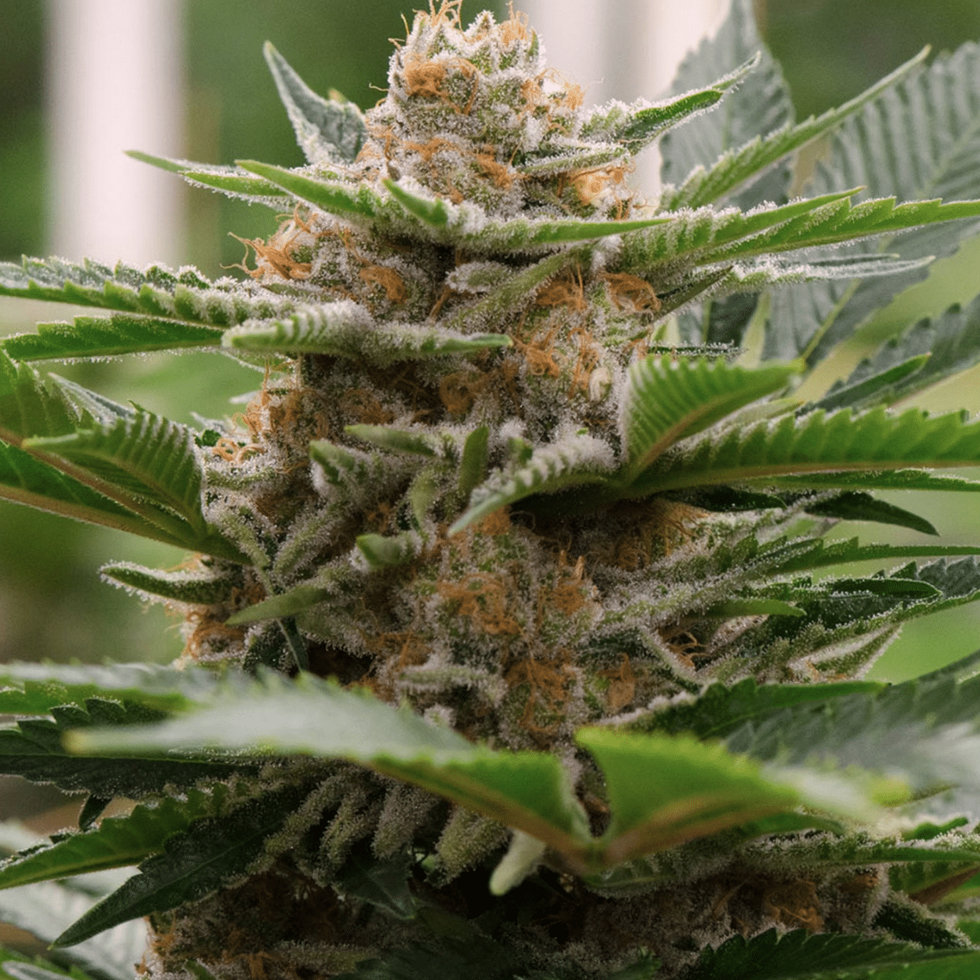Even in today's unimaginable and unpredictable political climate, Keeda Haynes is an improbable candidate to run for the U.S. House of Representatives, especially to represent an ultra conservative state such as Tennessee.
You see, the former Nashville public defender and first time political candidate is a convicted felon having served nearly four years for aiding and abetting the distribution of marijuana. All along, she maintained her innocence.
Haynes: "I refused to become a permanent casualty of the ill-begotten War on Drugs"
When Haynes was enrolled at Tennessee State University, she accepted a package on behalf of her then boyfriend's business. To her surprise, the package contained more than one hundred (100) kilograms of marijuana and she was arrested.
Although she went to trial and was partially acquitted, Haynes was sentenced to 7 years due to mandatory minimum laws related to the quantity of marijuana in her possession. Haynes appealed her case to the U.S. Supreme Court, which later led to her sentence being reduced by a lower court. She served nearly four years.
Haynes reported to prison two weeks after graduating college.
I never envisioned myself in politics. It wasn’t my plan for my life, but neither was going to prison, so here we are.
Keeda Haynes, per The Huffington Post
After being released from prison, Haynes graduated law school and began to work in the Nashville public defender's office.
Keeda Haynes currently works as a legal advisor for Free Hearts, an organization that provides support, education, and advocacy to Tennessee families impacted by incarceration.
Due to her felony record, Haynes had to petition a court this year to restore some of her civil rights, which included her ability to run for Congress. For her, criminal justice reform is at the forefront of her campaign.
Giving Voice to Underserved Communities
Haynes said she is running because African-Americans like herself have felt "locked out, abandoned and silenced" by a government that is supposed to represent everyone's interests.
One of the reasons I’m running is because it’s time to center the voices of underserved communities, particularly now, as the country is talking about systemic racism. If we’re going to dismantle those systems, we have to have people close to the problems working to ensure that Black people are able to experience the freedom and the healing we’re calling for.
Keeda Haynes via Shondaland
As part of her criminal justice reform platform, Haynes is seeking to eliminate mandatory minimum sentencing laws and the restoration of rights for formerly incarcerated individuals, both consequences of a system which disproportionately targets people of color, including herself.
“The fight to end the inequalities of our racist criminal justice system is personal to me,” Haynes added.
Hayne supports legalizing/descheduling marijuana at the federal level, according to her website.
Many have compared Haynes's candidacy to that of of Alexandria Ocasio-Cortez who defeated a 10-term incumbent Democratic stalwart in a surprise upset in New York. Haynes is no long shot either garnering support from many progressive organizations such as Democracy for America.
The state of Tennessee has not sent a Black person to Congress since the 1990s. The district that Haynes hopes to represent is nearly 25% Black, and has never had a Black congressperson.
OUR BLUNT TAKE: We always like to share stories of individuals climbing back from the inequities of criminal and social injustice. But for every Keeda Haynes, there are countless thousands who do not have the education or support to overcome the stigma suffered under antiquated cannabis laws. These are the lives that may be lost forever.
No matter the outcome, congratulations Keeda Haynes.
Are you still missing out on The Bluntness newsletter? Sign Up today to stay in the loop.







 11 Signs You've Greened Out and How to Handle It - The Bluntness
Photo by
11 Signs You've Greened Out and How to Handle It - The Bluntness
Photo by  11 Signs You've Greened Out and How to Handle It - The Bluntness
Photo by
11 Signs You've Greened Out and How to Handle It - The Bluntness
Photo by 






 Strawberry Cough Strain Review - The BluntnessTHC Farmer
Strawberry Cough Strain Review - The BluntnessTHC Farmer Strawberry Cough Strain - The BluntnessSeednest
Strawberry Cough Strain - The BluntnessSeednest




 The Truth About THC Candle: Cannabis Candles & How to Make Your Own - The Bluntness
Photo by
The Truth About THC Candle: Cannabis Candles & How to Make Your Own - The Bluntness
Photo by